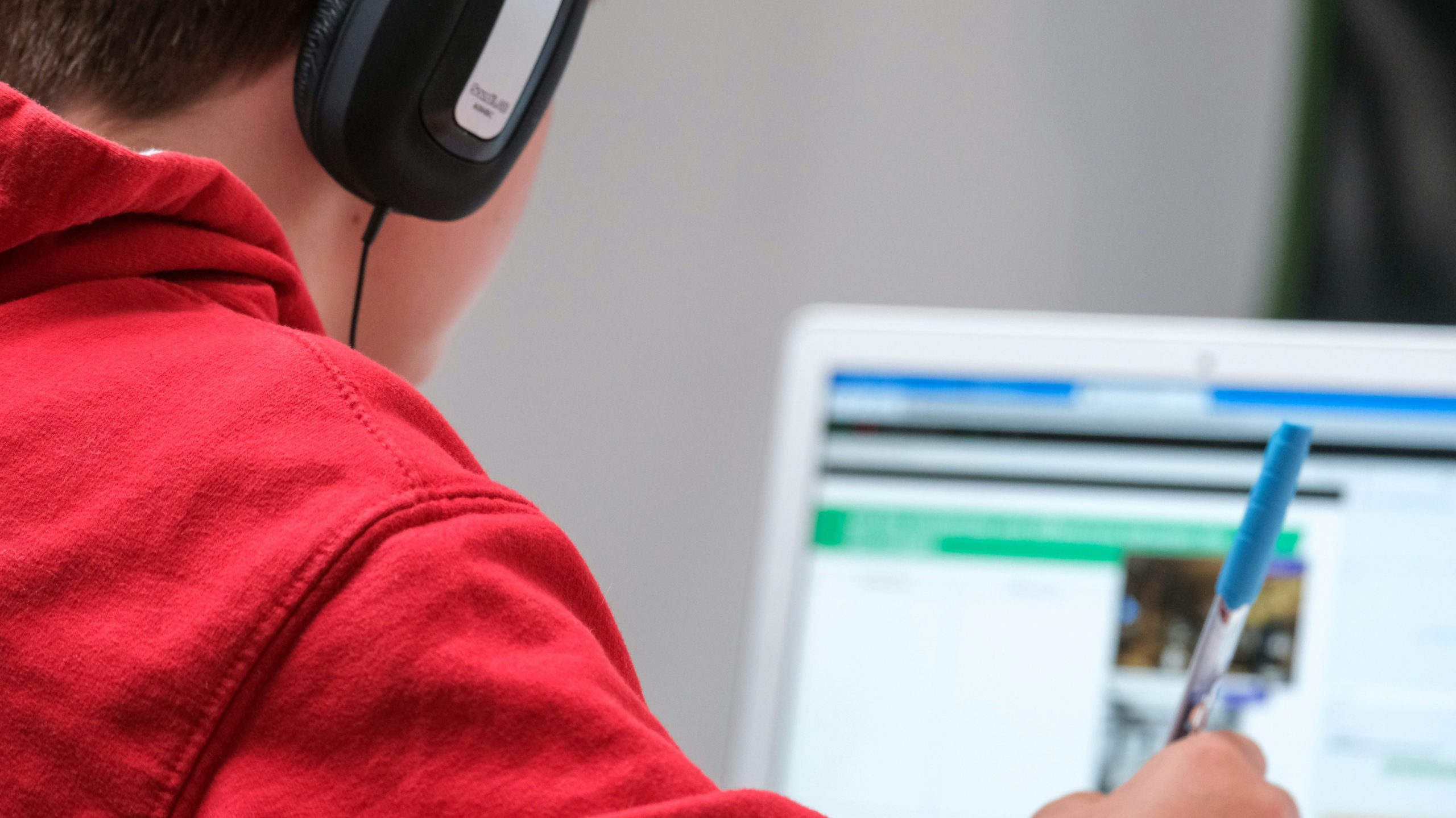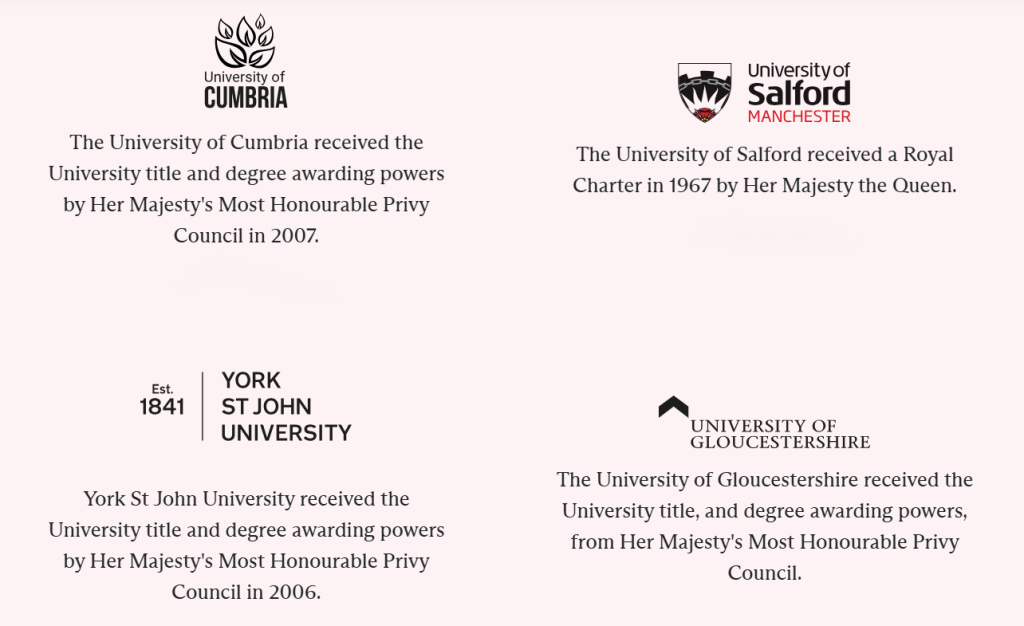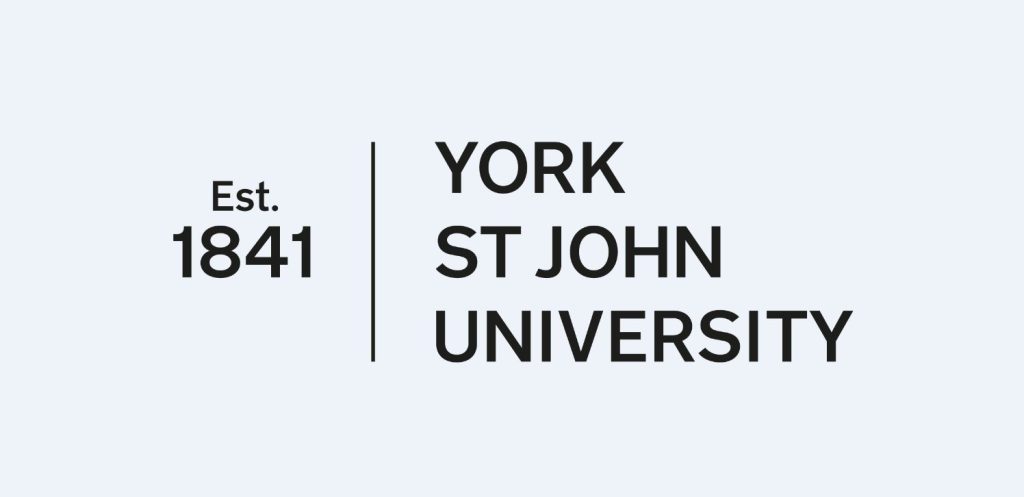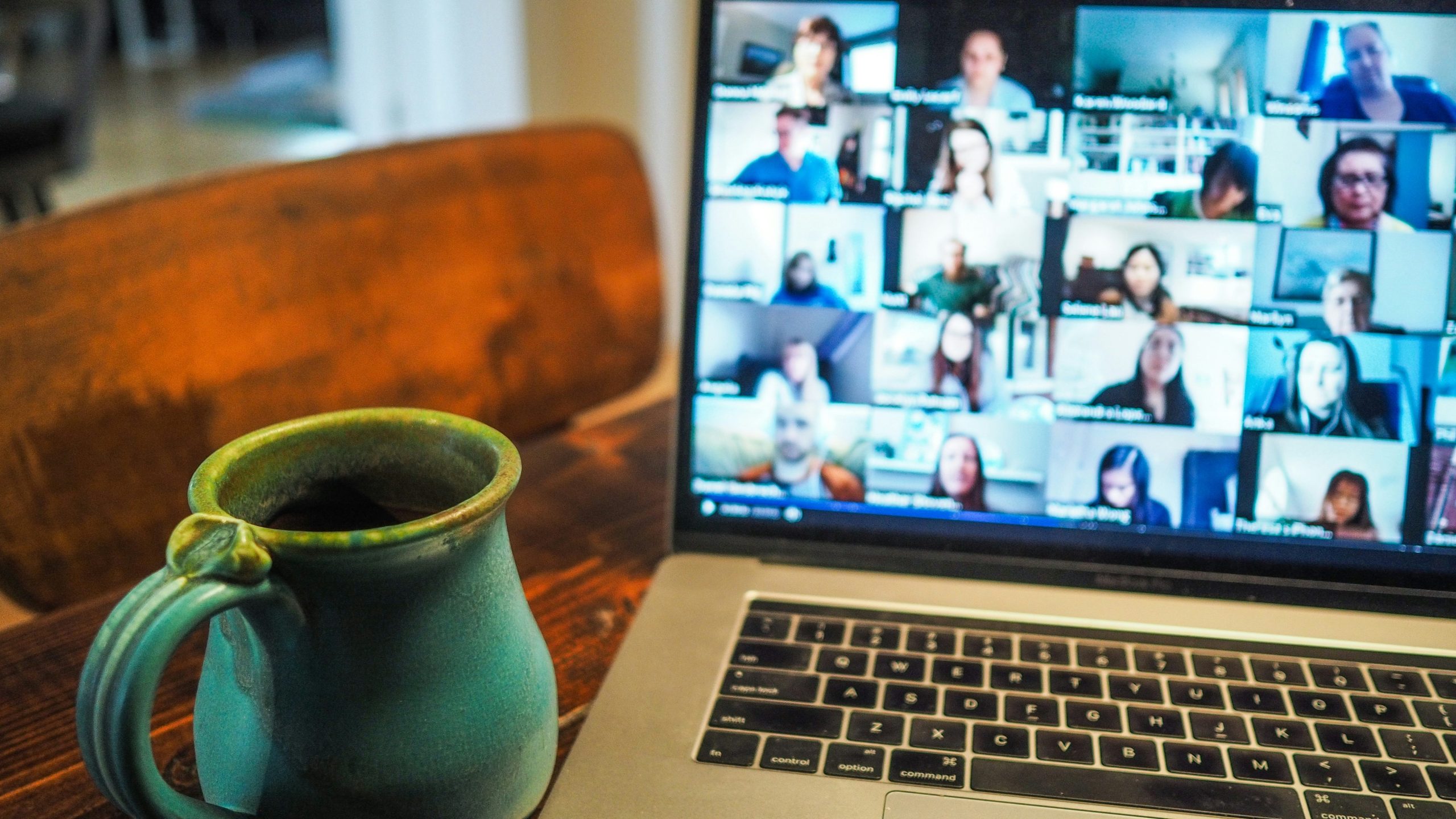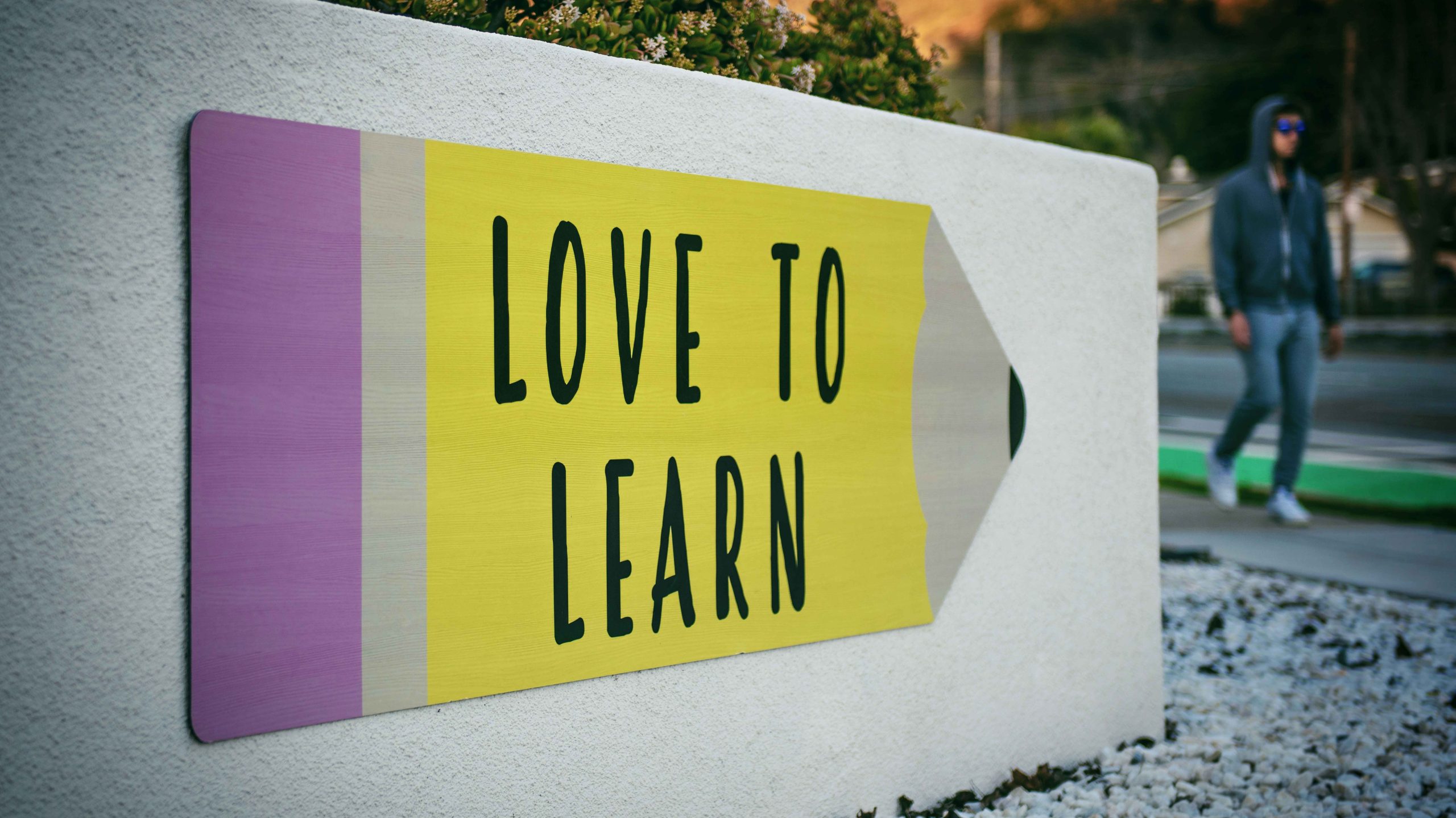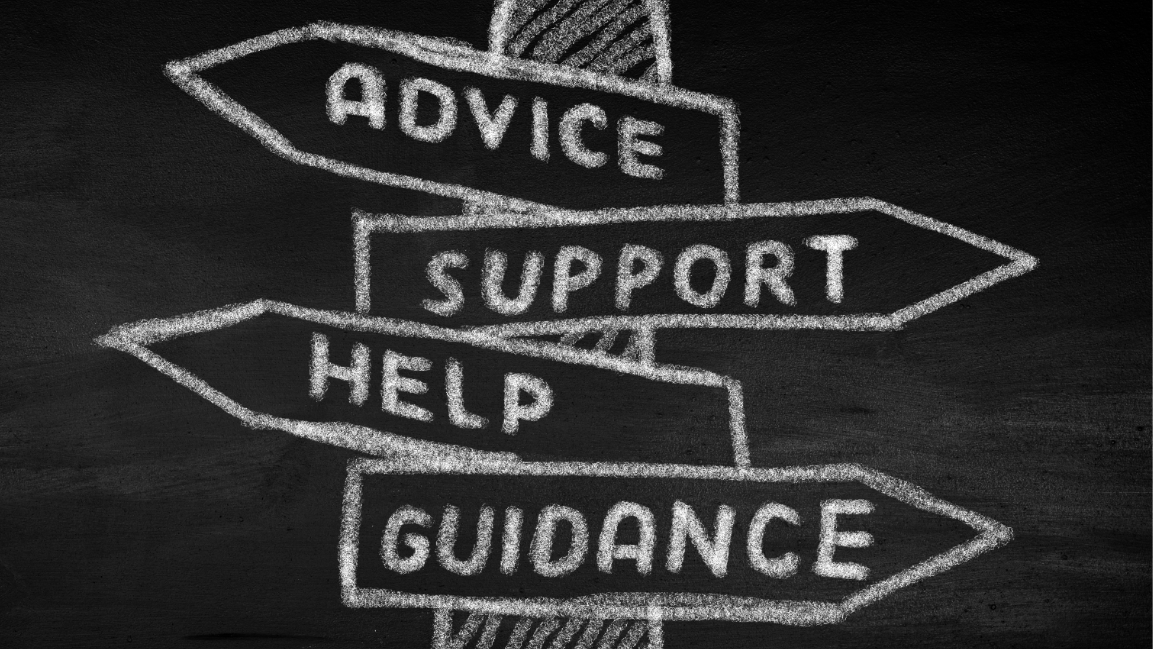Now that the 2024 Olympics have come to a close let us celebrate and congratulate all the winners and participants—athletes who have pushed the human limits and shown us what can be achieved with grit and hard work.

The spirit of the modern Olympic Games embodies the ideals of unity, excellence, and fair play. Rooted in the ancient traditions of the Olympic Games held in Olympia, Greece, the modern Olympics were revived in 1896 by Pierre de Coubertin with the vision of promoting peace and understanding through sports.
At its core, the Olympics celebrate the coming together of athletes from diverse cultures and backgrounds, competing not just for medals but for the honour of representing their countries and showcasing their dedication, discipline, and sportsmanship. The Games inspire millions worldwide, highlighting the power of sport to transcend political, social, and economic barriers.
While the primary focus of the Olympics is on sports, the economic ripple effects on the host city and its local businesses are profound. Let’s explore the multifaceted impact of the Olympics on local businesses, drawing insights from recent and past events.
Boost to Tourism and Hospitality

The hosting of the Olympics significantly and immediately impacts tourism in the host city. The arrival of athletes, spectators, officials, and media personnel leads to a substantial increase in demand for accommodations, including hotels, Airbnb rentals, and hostels. Additionally, there is a surge in demand for dining options, ranging from local eateries to high-end restaurants. The influx of visitors also drives up the demand for entertainment, including local attractions, tours, and cultural experiences. Moreover, various other tourist services such as transportation, shopping, and leisure activities see increased demand. Local businesses, particularly hotels, restaurants, and tourist service providers, experience a profound uptick in revenue as they cater to the needs of the diverse influx of visitors.
According to fanarch.com, the 2024 Paris Olympics significantly increased bookings and foot traffic for local hotels and restaurants. This surge in demand boosted revenues and provided international exposure for local businesses. However, it’s important to note that while larger hotel chains and well-established restaurants may have reaped significant rewards, smaller businesses might have faced challenges catering to the increased demand. Competition for customers can be fierce, and smaller enterprises may need innovative strategies to capitalise on the influx of visitors.
Infrastructure Development and Urban Renewal

Hosting the Olympics necessitates substantial investments in infrastructure and urban development. This includes the construction of sports facilities, enhancement of transportation networks, and improvement of public spaces. Such developments improve the city’s appeal to tourists and have long-term benefits for local businesses and residents.
According to gala.gre.ac.uk, the infrastructure improvements implemented for the 2012 London Olympics encompassed the development of state-of-the-art sports venues, extensive upgrades to the transportation systems, and ambitious urban renewal projects. These substantial enhancements have left a lasting impact, rendering the city more accessible and appealing to tourists and businesses alike. Local construction firms, suppliers, and service providers notably experienced heightened demand for their offerings during the preparatory phase, leading to economic benefits for the community.
Economic Stimulus and Job Creation

The economic impact of hosting the Olympics is multifaceted, extending beyond the immediate boost to tourism and hospitality. In addition to the influx of tourists, the event creates significant employment opportunities in various sectors. This includes the demand for event management professionals, security personnel, transportation services, and various tourism-related services. The increased visitor numbers and their associated spending support local businesses, such as retail outlets and restaurants, and stimulate growth in sectors like cultural attractions and entertainment venues. This comprehensive economic stimulation contributes to the overall development and prosperity of the host city and region.
According to fanarch.com, during the 2024 Paris Olympics, the local economy experienced a significant surge in economic activity across various sectors. Retail businesses reported a noticeable increase in sales, particularly in merchandise and souvenirs related to the event. Additionally, there was heightened demand for cultural and entertainment services, including increased attendance at local theatres, museums, and other cultural venues. The gig economy also thrived during this time, with many temporary jobs being created to support the event, such as event staff, transportation services, and hospitality roles.
While the short-term economic boost was widely celebrated, policymakers and businesses must carefully consider the long-term sustainability of these financial benefits. Post-Olympics, maintaining the heightened levels of economic activity may be challenging, so it’s crucial to implement strategies to ensure that the positive impacts are not merely transient. This may involve diversifying the local economy, investing in infrastructure, and creating opportunities for continued growth beyond the event.
Challenges and Disruptions

Despite the potential economic advantages, hosting the Olympic Games can also bring about various challenges for local businesses. The sudden surge in visitors can lead to overcrowding, heightened traffic congestion, and inflated prices for goods and services. Consequently, these factors can significantly disrupt the day-to-day operations of local businesses and dissuade their regular customer base. According to gala.gre.ac.uk, during the 2012 London Olympics, several small businesses experienced a notable decrease in their usual customer footfall, primarily due to the intense congestion and escalating prices in the area.
Additionally, the focus on catering to tourists and event-related activities can divert attention from local clientele, potentially leading to a temporary dip in business for some establishments.
Long-term Growth and Legacy

Hosting the Olympics brings short-term economic benefits, long-term growth, and legacy. The event’s positive impacts on the host city’s infrastructure, global visibility, and reputation can have sustained and far-reaching effects on local businesses. Developing new facilities, transportation networks, and public spaces can contribute to the city’s and its economy’s overall growth. Additionally, the exposure to a global audience during the event can increase tourism and business opportunities, further bolstering the local economy. Moreover, a successful hosting experience can enhance the city’s reputation, making it more attractive for investment and business partnerships in the future.
According to olympics.com, following the 1992 Barcelona Olympics, the city saw remarkable transformations that left an enduring impact. The urban landscape underwent a significant overhaul, boasting new state-of-the-art sports facilities, an upgraded transportation infrastructure, and inviting public areas. These enhancements have sustained Barcelona’s appeal long after the games, turning it into a sought-after tourist hotspot and a thriving centre for business and commerce.
The impact of hosting the Olympics on local businesses is substantial and diverse. It encompasses not only short-term economic boosts but also long-term advantages. The event brings about a surge in tourism, a boost to the economy, and significant infrastructure development. However, it also presents challenges such as overcrowding and disruptions to regular business operations.
Successfully navigating these challenges and strategically leveraging the opportunities presented by the Olympics can allow local businesses to maximise the positive impacts and play a significant role in shaping the enduring legacy of the event.
Hosting the Olympics is a monumental task that demands careful consideration of the immediate and long-term effects on the local economy. It requires thoughtful planning and close collaboration between policymakers, businesses, and the community to ensure that the Olympics catalyse sustainable economic growth and development.

If you are ready to learn something new, certify what you know, network with professionals globally, or take on a new challenge, consider getting a globally recognised master’s degree. Take a look at our list of online programmes and see if we have anything that aligns with your new career path.
You can also chat LIVE on WhatsApp with one of our Education Advisors for more information on all the programmes we offer, the application process, and the discounts we might offer.

